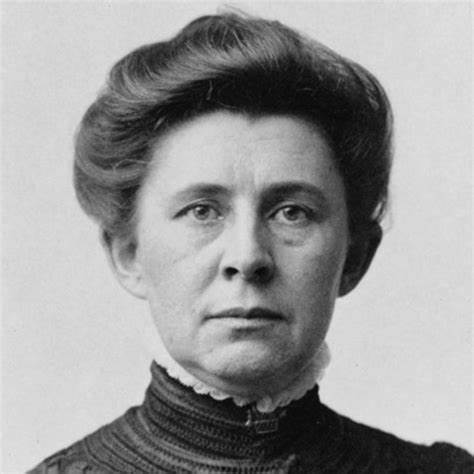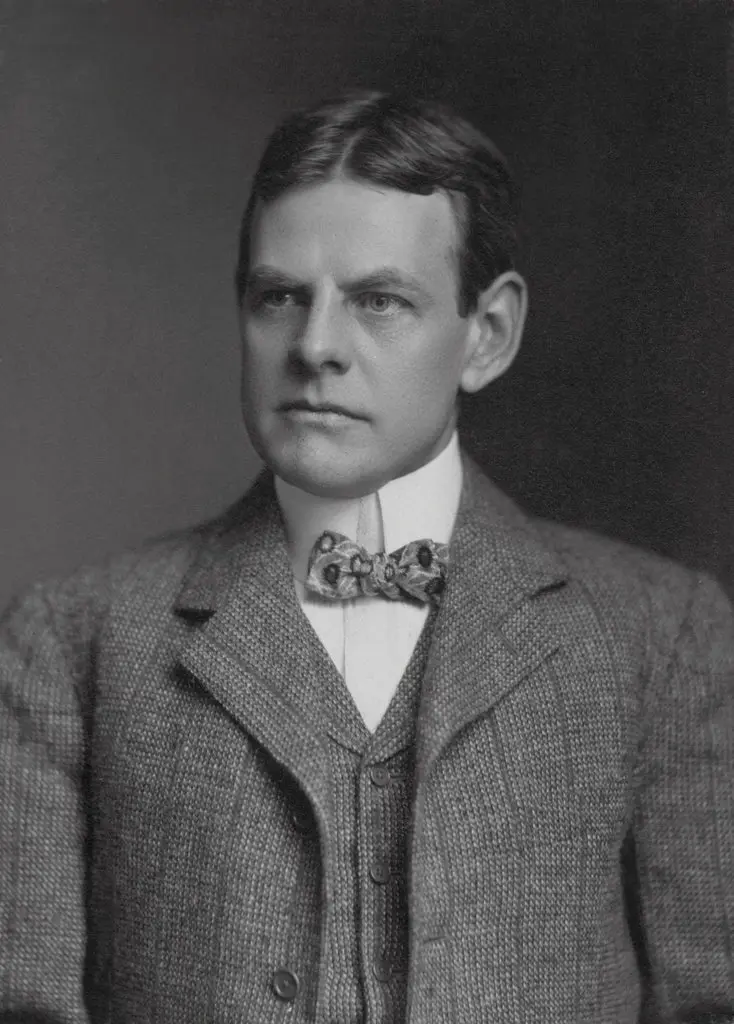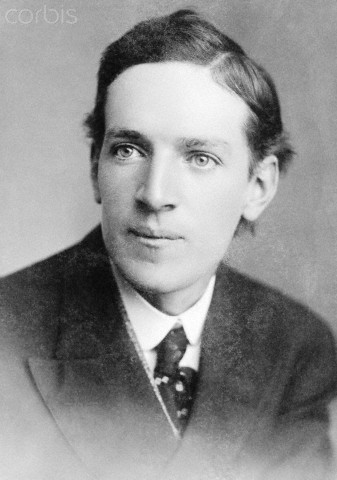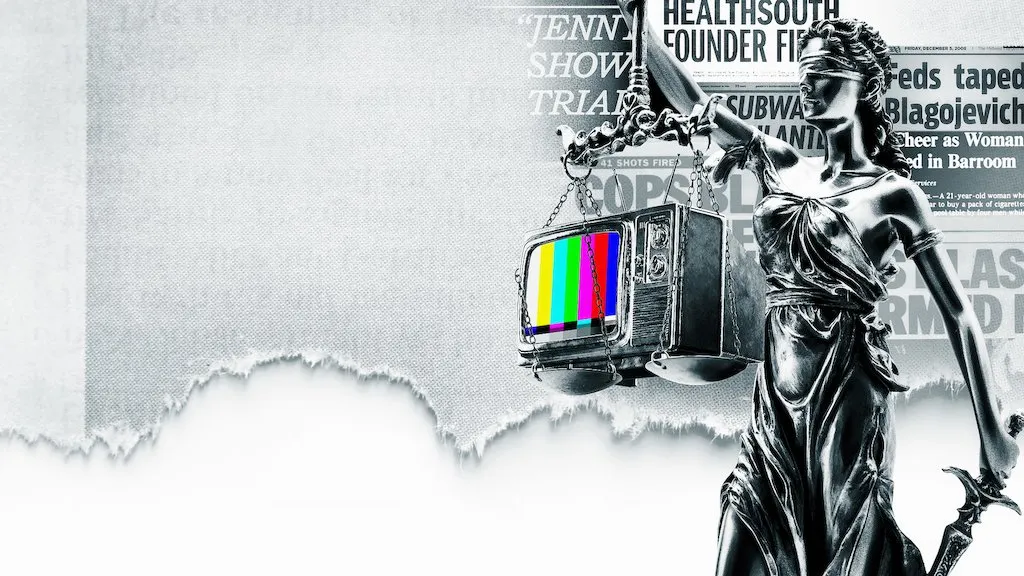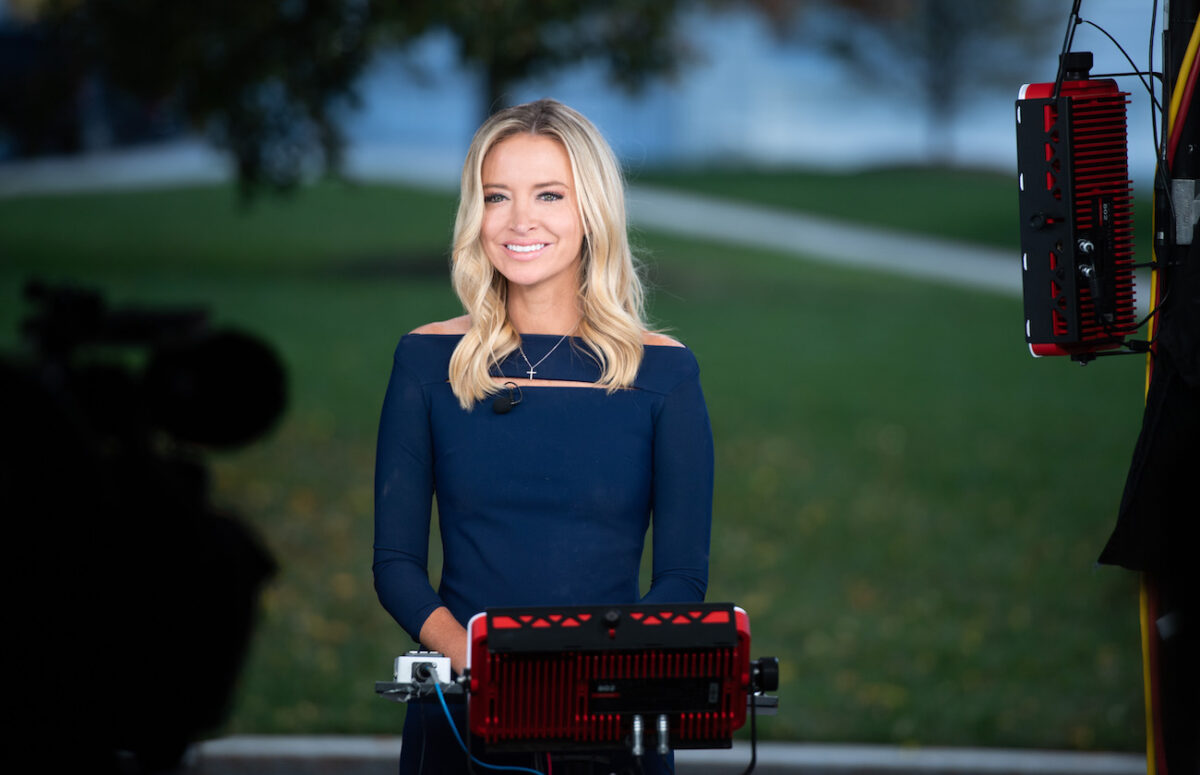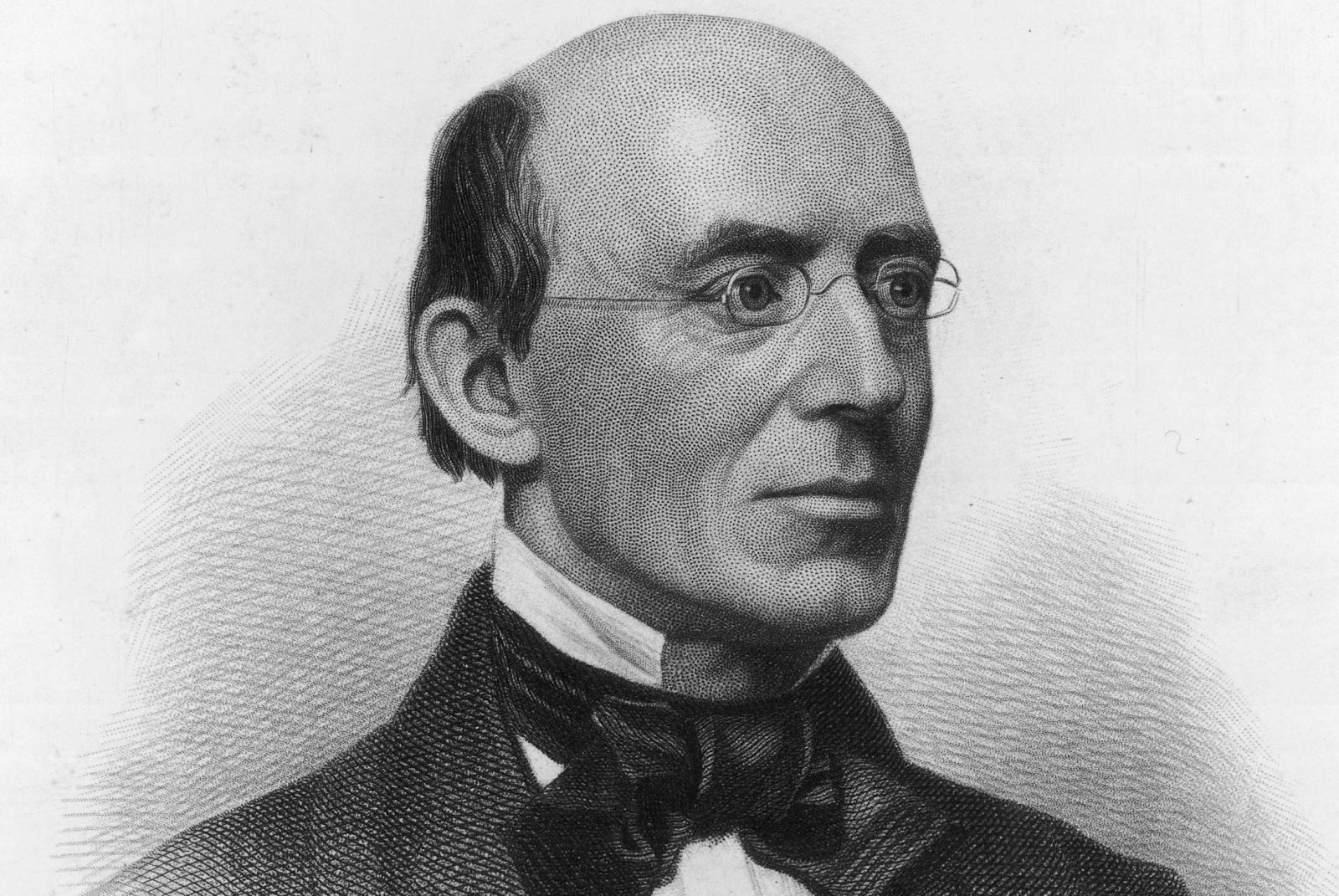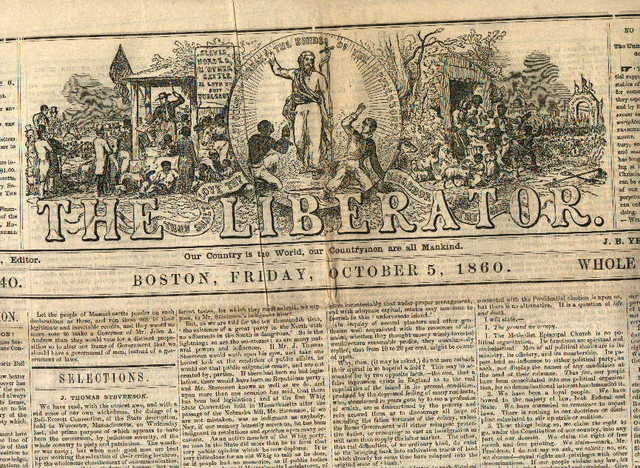Monday, February 27, 2023
EOTO 2: The Muckrakers
Sunday, February 26, 2023
Movie Reflection: "They Won't Forget"
"They Won't Forget" (1937), directed by Mervyn LeRoy, is a moving drama representation of societal and media influence on real life crime trials.
The film is based on a novel written by Ward Greene titled Death In the Deep South that was the fictionalized story of a real-life case of the murder of Mary Phagan and lynching of Leo Frank in 1913.
In the film, the story follows the murder of Mary Clay, a young student who is found mysteriously killed. Her murder and the trial are covered by reporters and different news publications...but not all of the reporting was ethical."They Won't Forget" is a cinematic representation of the idea of trial by media. The media affects the trial in a few different ways.
Towards the middle of the film, a reporter enters the Hale home and unlawfully uses the long-shot information given by Mrs. Hale. This creates a stir, which worsens the fact that Mary's murder is now a nationwide story. There's heavy tension and split, and the big name publications are only adding fuel to the flame.
There's questionable, unsteady evidence that is presented throughout the trial -- and ultimately, Hale is convicted of the murder without much of a fair trial. In the end, his initial outcome is altered to a lessened convicted sentence, but he is murdered by Mary's angry brothers and friends.
The idea of trial by media is a fairly new idea. Cameras being allowed in the courtroom hasn't always been the norm. Various famous court cases have been televised such as the trials of O.J. Simpson, Ted Bundy, Kyle Rittenhouse and Johnny Depp.
The Johnny Depp v. Amber Heard defamation suit is a recent, real life case where the media played a huge role in the trial. Depp sued his ex-wife Heard for defamation after an op-ed she wrote for The Washington Post accusing him of domestic abuse.Depp denied these claims and counter argued that it was actually Heard who was abusing him.
There were cameras in the courtroom and the court was broadcasted live every single day of the six-week trial. Millions of people tuned in every day (including myself) to watch the testimonies and see the evidence presented.
Gender was a huge factor in this case. Depp (along with witnesses) testified that since he is a male, his accusations against Heard's alleged violence and abuse was dismissed. The media followed this case from day one, journalists and viewers alike sharing their opinions on the matter.
While the jury found both Depp and Heard responsible for defaming one another, the court ruled that Heard was guilty.Heard came back after the loss and claimed that it was the media's influence that persuaded the jury's decision. She claimed that the media coverage and online following put her in an undeserving, negative light. Heard's legal team announced that they were planning to appeal, but as of now there hasn't been an update.
Trial by media is an important idea, and while it isn't all bad -- it can be devastating if it isn't utilized correctly
Sunday, February 19, 2023
Why I Chose Journalism
The Oxford definition for journalism is as follows: "the activity or profession of writing for newspapers, magazines, or news websites or preparing news to be broadcast."
This is a textbook way of defining journalism as a whole. It's a decent, simple definition. It's straight to the point and it an accurate description.
The only problem is that there is much, much more to journalism than that surface-level definition.
It's a profession that has been around for a long time. It's an occupation that employs reporters from all around the world. Journalism is the vessel for transporting news to the public. The world is the primary journalistic audience. Everyone is exposed it, no matter what.
In recent years, journalism has been considering to be a "dying" profession. Less and less people are wanting to become journalists, but is the field really dying off?
No. It's changing.
The problem is that it isn't changing for the better. In the last several years, journalism as a whole has taken a turn for the worst.
Streams of misinformation, censorship and false reporting have leaked into our society, now flooding every major news outlet and chipping away at any and all credibility that journalism has left.
Only 36% of adult Americans trust the media. This number is growing more and more every year because the number of people getting fed up with false news is increasing.
In high school, I took a foundational print journalism course. Writing had always been my strong suit, and I wanted a class where I could really put my skills to the test.
I loved that journalism class. My teacher encouraged me, and she told me over and over that I had a real knack for it. I decided my junior year of high school that journalism was going to be my declared major...and I haven't changed it since.
That was when I really started to get into discovering what journalism was all about. It didn't take me very long to learn that it isn't exactly a well-liked profession. I was seeing all the claims of "fake news" and "misinformation" being spread all over.
I was also just getting to the age where I could comprehend and understand how it was affecting our nation. Journalism was turning sour, and it was turning quickly.
I believed that the media could be pointed back in the right direction. I still believe that. It's never too late to try to change something for the better.
That's my greatest motivation to be a journalist.
Of course there are other aspects about journalism that drive me. I love interviewing sources and telling the stories that I think the world needs to hear. Those stories are the ones that resonate with people. The ones that make a lasting impact.
I believe that all stories in journalism have potential. The honest, thorough stories are the most impactful. That's been proven over and over again.
Yet somewhere along the way, we lost that honesty.I want to be a journalist because I believe that there's still a chance and time to save it. I have no doubt that corrupted media has played a significant part in the polarization of the country. At the same time, I have faith that a healed media can bring it back together.
I think that true, genuine journalists can repair the media from the inside out.
My only hope is that there are enough aspiring journalists like me that share that same dream.
I'd be lying if I said that I didn't have my reservations about becoming a journalist. I'm more aware of the reality of being a reporter now than I was two years ago when I started my college journey.
I've struggled on and off with my decision to be a journalist. I've lost sleep over it. I've definitely had a meltdown about it.
What if I can't take the heat of all the people who are going to be against me? What if I can't stand up against the ones trying to silence me?
I've questioned over and over again whether or not I'm cut out for this.
Even as a current junior, I've thought about changing my major. I've considered completely starting over on my major credits just because I fear that I don't have what it takes. This is a profession that will chew you up and spit you out if you aren't prepared for it.But what I've learned is that it can only ruin you if you let it.
As I said, my greatest motivation for journalism is reuniting this nation through the media. I believe it can be done.
And my only hope is that there are other aspiring journalists who want the same.
Sunday, February 5, 2023
EOTO 1: What I Learned: William Lloyd Garrison
Studying the history of journalism and understanding the lives of journalism historians is vitally important to our job as current day, aspiring journalists. The journalists who paved the way for us are the ones who discovered and improved upon a mass media system that has lasted through the years. One of the most influential journalism historians is William Lloyd Garrison, an American journalist in the 1800s.
Garrison is/was a prime example of just how influential truthful, passionate journalism can (and is supposed to) be. Through his work, Garrison brought light and attention to the people and stories that needed to be told the most. I was fascinated to learn about Garrison and his work because, in my opinion, his work and legacy is exactly what journalism is all about.
William Lloyd Garrison was primarily active and best known for his work during the Lincoln administration. Garrison was a powerful, outspoken journalist who dedicated his career to speaking out against slavery and later publicly supporting women's suffrage.
Garrison was the co-editor on The Genius of Universal Emancipation, a publication that was publicly anti-slave and spoke out against slavery. Garrison worked with Benjamin Lundy, a fellow American abolitionist, who was the founder of The Genius of Universal Emancipation.
EOTO 4: Final Exam: Shana Alexander
Shana Alexander is considered one of the greatest female journalists of all time. Alexander paved the way for many female journalists, pushi...

-
The Oxford definition for journalism is as follows: " the activity or profession of writing for newspapers, magazines, or news websit...
-
As society moves along, our options for absorbing current events become more and more. There are more outlets than ever, and it can be over...
-
There's no doubt that female journalists have come a long way since the beginning. Women have made tremendous progress with making their...


